Was the Rum Rebellion Really About Rum?

The so-called Rum Rebellion was a coup d'état that took place in New South Wales, then a British penal colony, beginning in January 1808. It was staged by the New South Wales Corps as a means of deposing William Bligh, the governor of New South Wales.
Today, the Rum Rebellion stands out in part thanks to its curious name. Was it really a rebellion over rum? In this blog post, we will take a closer look at what the Rum Rebellion was really about and why it got its most interesting of names.
What Was the Rum Rebellion About?
Let's start by saying that the term "Rum Rebellion" was not used at the time of the events. If you know your history, you will likely be familiar with the famous Mutiny on the Bounty, which occurred in 1789. This occurred when disaffected crewmen on the HSM Bounty seized control from their captain, William Bligh.
Fast forward some years and once again Bligh is deeply unpopular, now in his role as governor of New South Wales. In 1805, Bligh was appointed to the position with the aim of reining in the power of the New South Wales Corps and restoring the region to a colonial backwater for convicts and farmers.
Having declared war on the merchants of Syndey and others attempting to earn a living, Bligh oversaw a number of unpopular measures. One of these was that he made it illegal for soldiers and their families to trade in rum.
In response, hundreds of soldiers marched on Government House in January 1808 and arrested Bligh. Major George Johnston spent the next two years acting Lieutenant-Governor of New South Wales. After two years of military control, Major-General Lachlan Macquarie took over as the new governor.
Why Was It Called the Rum Rebellion?
While there were different causes of the coup d'état, the name that eventually stuck makes it imply that it was purely about rum, which isn't the case. Put simply, the rum rebellion was the culmination of a long-running struggle for power between private entrepreneurs and the government.
According to the author Michael Duffy, hardly anyone thought the rebellion was about rum at the time. In fact, it was Bligh who attempted first to give it that title as a means of smearing his opponents.
It wasn't until years later that the name stuck. William Howitt, an English Quaker, published a history about Australia and—given that he was a teetotaler who was keen to blame alcohol for any and all issues—used the phrase Rum Rebellion. Ever since then, it has been referred to as the Rum Rebellion.
Understanding the 19th Century Rum Rebellion
The bottom line is that while rum and its trade did play a role in the overthrowing of William Bligh, the matter was a whole lot more complex than that. Still, we can all agree that the Rum Rebellion is an interesting-sounding title for that part of our history.
After all this talk of rum, we thought you might be thirsty.


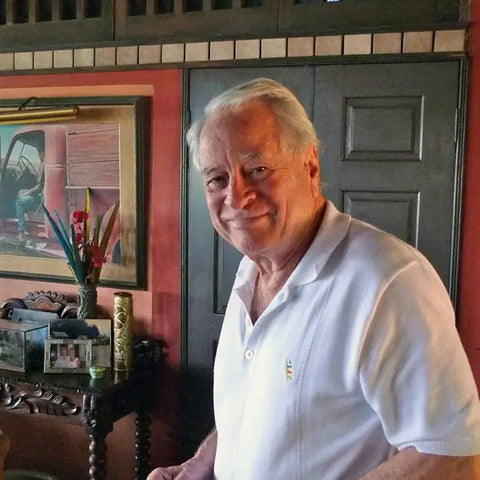
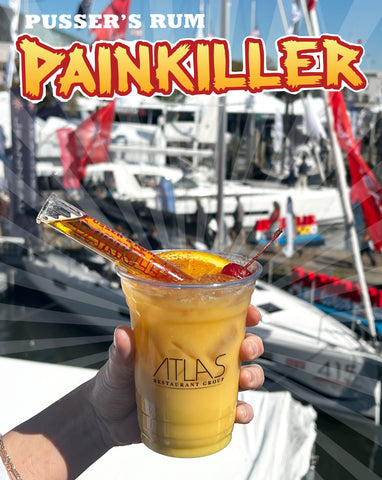
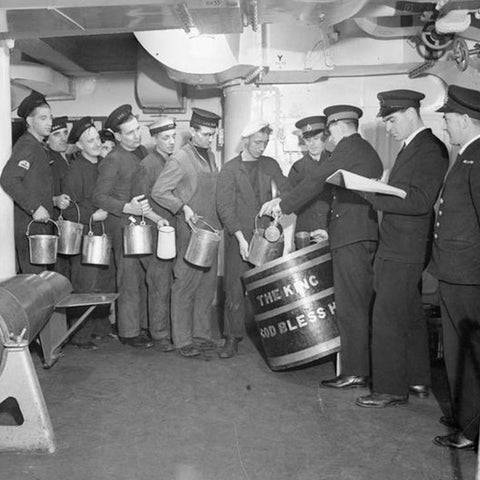

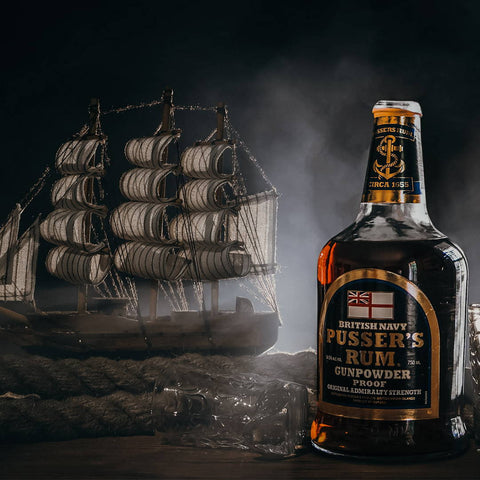
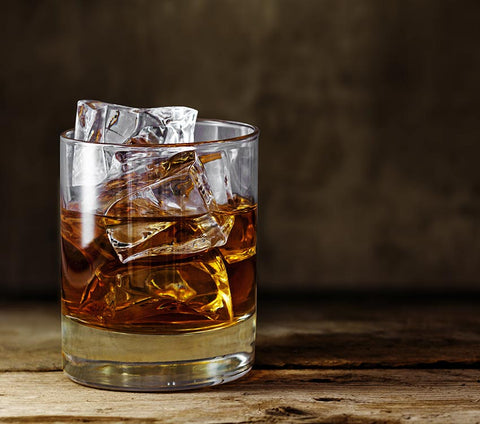
Leave a comment